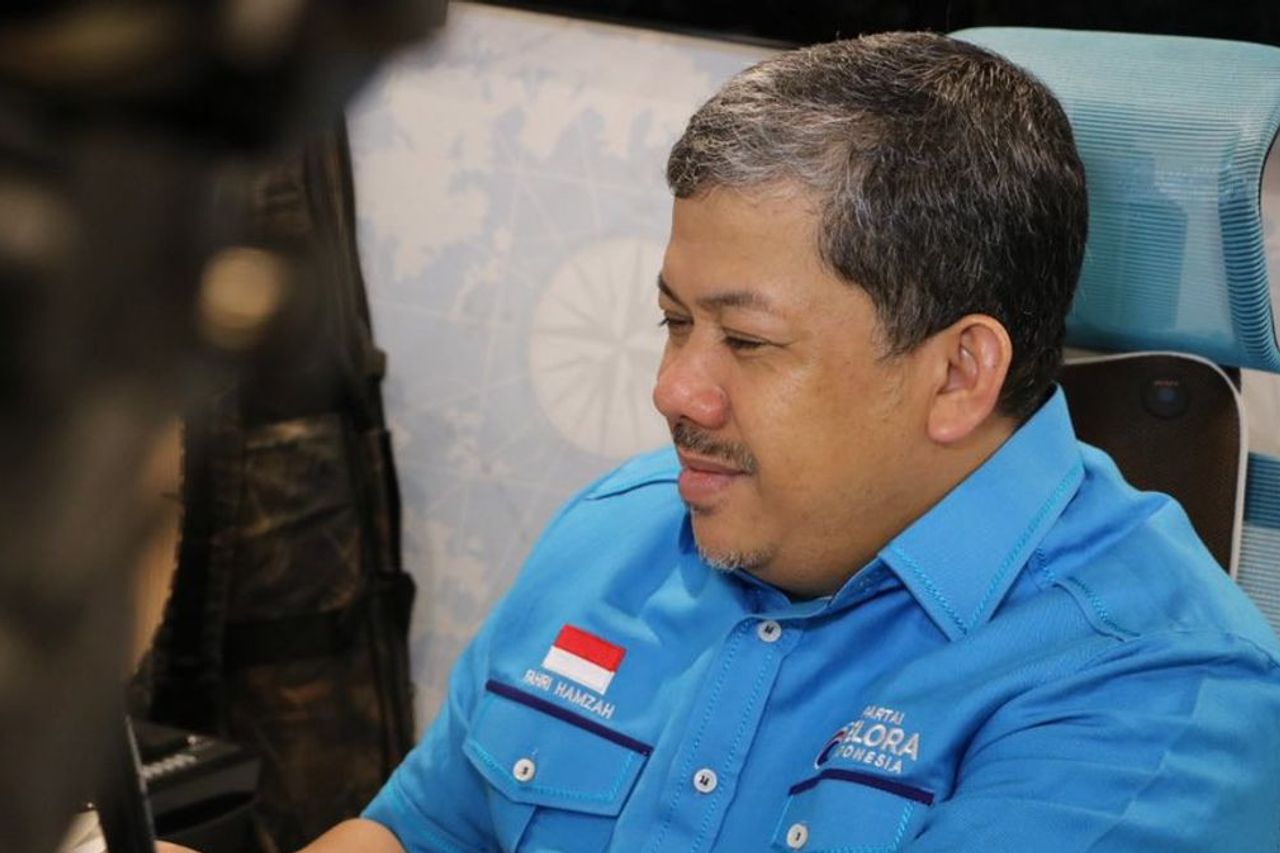Fahri Hamzah Relaxed Response The Gelora Party Predicts BRIN Will Not Pass Parliament: Democracy Is An Idea Market

JAKARTA - Deputy Chairperson of the Indonesian People's Wave Party (Gelora) Fahri Hamzah responded casually that his party was predicted not to qualify for Senayan because it was hampered by the 4 percent parliamentary threshold.
Fahri only laughed when researchers from the National Research and Innovation Agency (BRIN) predicted that new political parties (parties) had a small chance of qualifying for parliament in the 2024 General Election (Pemilu), including the Gelora Party.
"Hehe. Democracy is a market for ideas," Fahri told VOI, Wednesday, July 13.
According to Fahri, the threshold for both parliamentary and presidential candidates should have been removed. There is no longer a 4 percent parliamentary threshold or a 20 percent presidential threshold. Because he said, democracy is winning the people's voice.
"Theoretically in a democracy, every vote must be meaningful. So the threshold should be removed. But Gelora is ready to win a new direction for the minds of the Indonesian people," said Fahri.
"In democracy, start-ups can immediately defeat the old forces," continued the former deputy chairman of the DPR.
Fahri assessed that the term "pass does not pass" is only applied to legislative candidates, not to parties. "The term pass should be attached to members of the DPR, not their party.
Reflecting on the last election, there was a legislative candidate who failed to qualify for Senayan because his party did not meet the threshold and failed to become a member of the council. Fahri also emphasized that these things must be ended immediately because it is the same as annulling the people's choice. Therefore, he suggested that the parliamentary threshold be abolished.
"That's it, it must end. Because the people's choice is important. The limit (is) the people's choice," concluded Fahri.
Previously, researcher from the National Research and Innovation Agency (BRIN) Siti Zuhro predicted that new political parties (parties) had a small chance of qualifying for parliament in the 2024 General Election (Pemilu).
"The opportunity for new parties is not great because they are fighting for the same number, except that there are not many Islamic parties. Not prospective," said Siti Zuhro when contacted in Jakarta, Antara, Tuesday, July 12.
The Muslim mass-based parties referred to by the senior researcher include the Indonesian People's Wave Party (Gelora) formed by former PKS elites Anis Matta and Fahri Hamzah.
The Ummat Party, created by PAN founder Amien Rais, and the Pelita Party, which was initiated by the former General Chairperson of the Muhammadiyah Central Executive, Din Syamsuddin.
The Masyumi "Reborn" Party, founded by former PPP politician Ahmad Yani, and the Indonesian People's Da'wah Party (PDRI).
In addition to Islamic parties fighting for the same mass base, the Nusantara Awakening Party (PKN) led by former member of the DPR from the Democratic Faction I Gede Pasek Suardika, and the Labor Party led by the President of the Confederation of Indonesian Trade Unions (KSPI), Said Iqbal, also attempted to become a contestant in the 2024 election.
According to Siti, even if they pass the General Election Commission's (KPU) factual verification, the new parties still have to work hard to pass the parliamentary threshold of four percent. The election journey shows that only a few new parties have made their way to Senayan.
Of the nine parties that passed the four percent parliamentary threshold in the 2019 general election, there was not a single new party.
"So, the empirical phenomenon is that it is not easy for a new party to get a seat in the DPR RI, even if it can be in the provincial area, the district/city DPRD will pass," said Siti.
On the other hand, there are old parties that previously won seats in the DPR, but in the 2019 elections failed to meet the parliamentary threshold. The party in question is the Hanura Party. This shows that it is not easy for political parties to participate in elections, especially for new parties.
"What is worrying is that parties that already exist in the DPR could be thrown away, while new parties may not necessarily enter," he continued.
